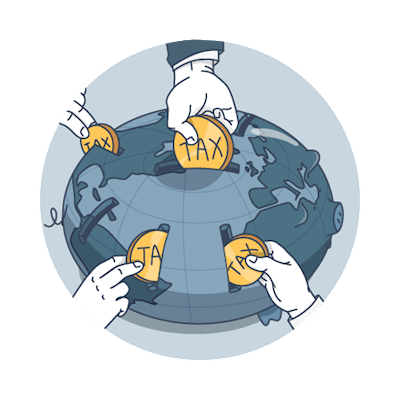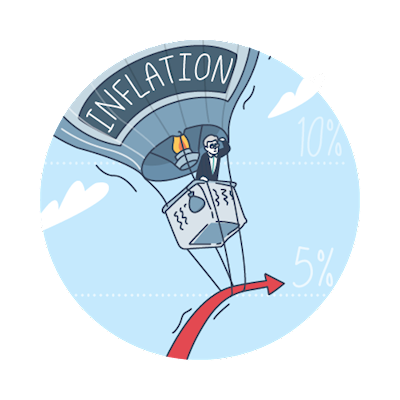You are using an outdated browser. Please upgrade your browser to improve your experience.
Article | 08 July 2021 | Investments
QUICK LOOK
THE MARKETS

2.2%S&P 500 |
5.5%NASDAQ |
0.6%EURO STOXX |
-1.1%HSI |
1.1%TOPIX |
4.1%PESEI |
-0.9%SET 50 |
-1.1%STI |
0.6%JCI |
| Source: Bloomberg 30.06.2021 |

Tax goes global
The G7 group of nations has agreed a deal for a global minimum tax rate of at least 15%. The new rules will see the largest and most profitable companies paying tax in the countries where they do business, not just where they are registered. This could spell the end of the inventive tax strategies employed by many multi-national companies, such as diverting profits to offshore tax havens. But before coming into effect, the deal needs further backing. Not only the G20 nations, but also the 139 countries of the OECD will have to approve.

Cyber-sting
High profile cyberattacks are on the increase. Last month, an attack on the Colonial Pipeline caused several days of fuel shortages on the East Coast of the US. It’s known as ‘ransomware’, where hackers encrypt critical files and demand payment in exchange for their safe return. This time the ransom was paid through bitcoin, the currency of choice for hackers due to its anonymous nature. But in a surprise move the FBI was later able to trace the payments and recover $2.3 million of bitcoin from the hackers’ virtual wallets.

Inflation spikes
Inflation in various measures, such as the consumer prices index (CPI), has shot up as global economies reopen. In May the year on year jump in US CPI was 5%, its highest since 2008. Why are these figures so high? Importantly, current prices are being compared to those a year earlier, in the nervous early days of the pandemic. Another reason is the imbalance between increasing demand and the supply bottlenecks plaguing many industries. But questions remain. Is inflation transitory or here to stay? And how should the central banks respond?